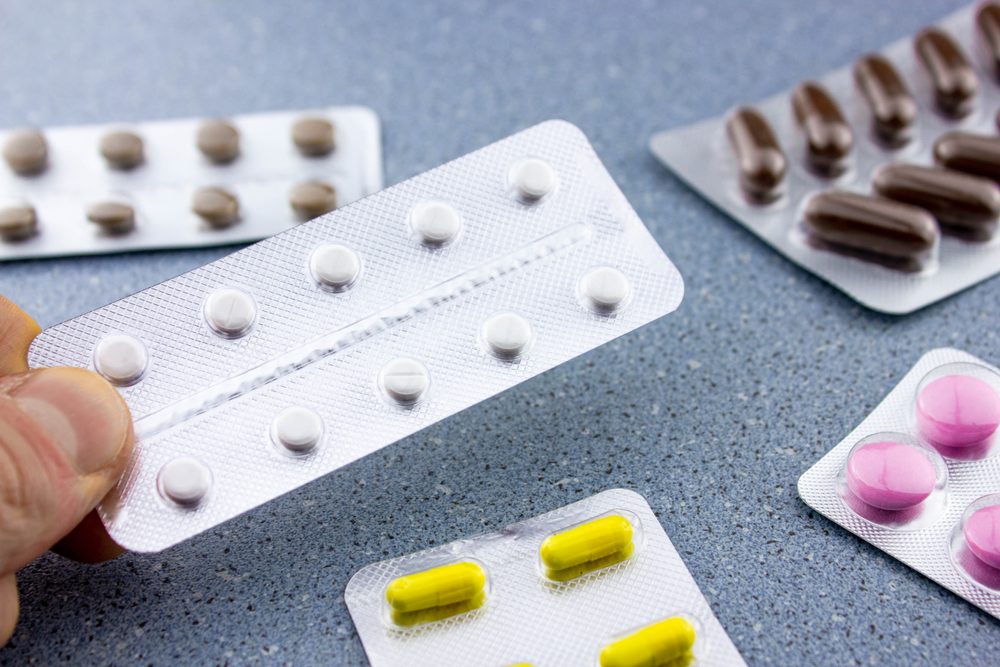
Increasing tolerance
It seems that pain management doesn’t have any effect on the level of addiction, not until you’ve started experiencing pain, despite taking the highest recommended dosage. As many doctors would instantly approve, that’s tolerance, and it’s one of the two diagnostic criteria for opioid addictions.
If you’re curious to know, the other one is withdrawal. Tolerance usually occurs when the use of opioid painkillers slows the brain’s production of endorphins, which are the body’s own painkillers. In fact, your body doesn’t even know or care what was in your mind when you started taking the meds, and it certainly doesn’t matter if you got them legally or illegally.
The truth is, your body is now increasingly incapable of coping with any kind of pain, at least without an external supply of opiates. Probably the first sign that you’ve reached a critical tolerance level is that you find yourself running out of pills before the limit.
In fact, you might tend to feel a little bit anxious about whether or not you will be able to get more pills. Also, your doctor might become unwilling to cooperate in prescribing those refills, as the dosage you think you need in order to get relief has crossed the line a long time ago. That’s why it’s so important to understand that your doctor isn’t trying to hurt you and that you’ve simply reached a critical level of tolerance to those prescribed medications.










Leave a Reply